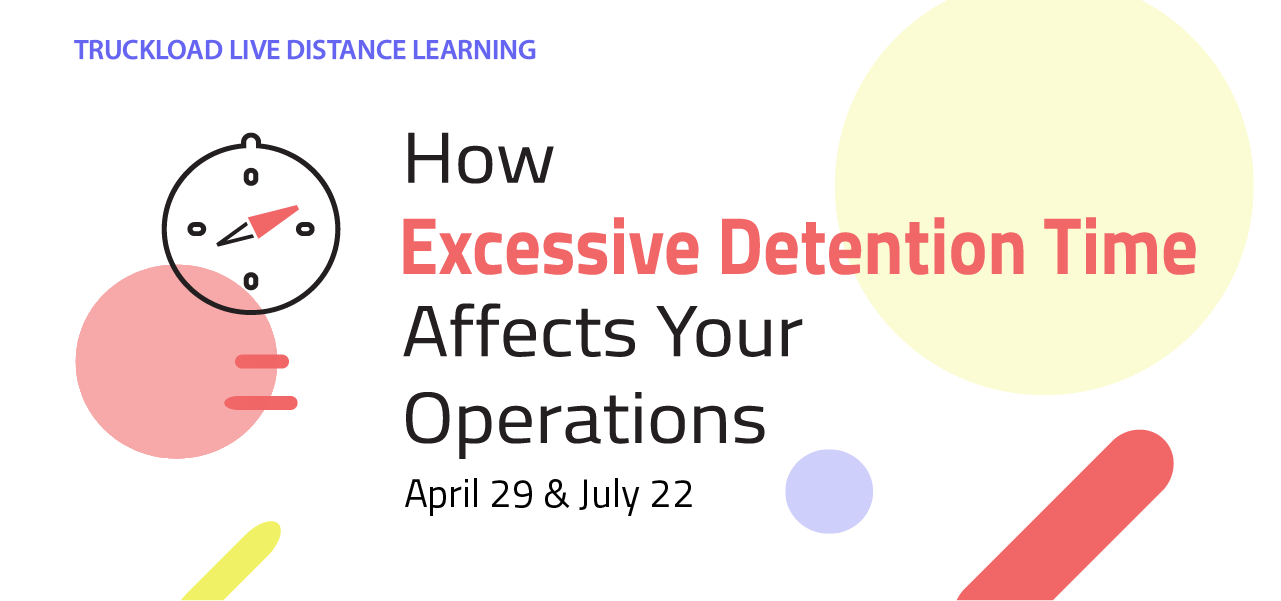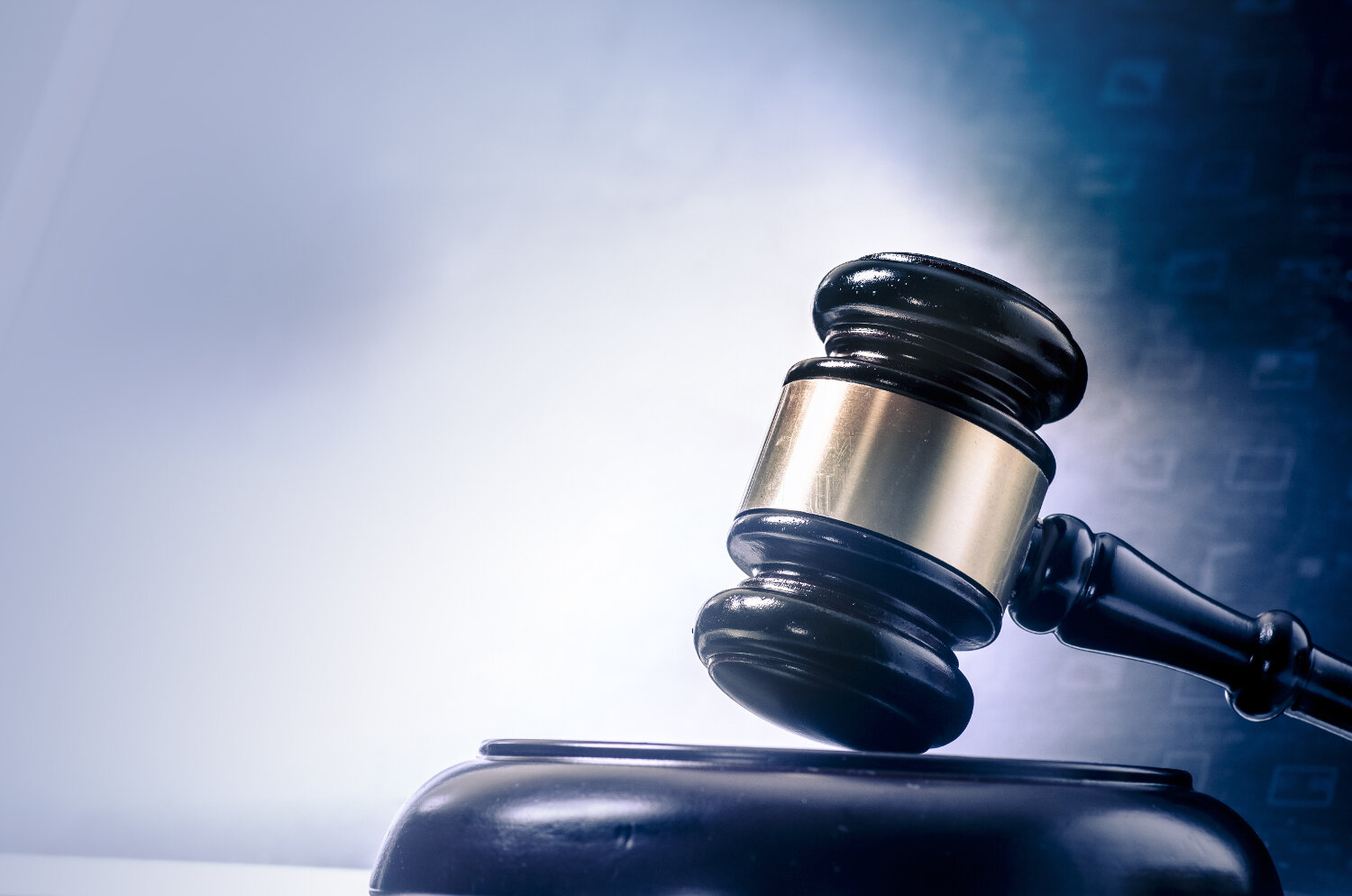
Photo: Shutterstock.
The United States Court of Appeals for the Ninth Circuit, which covers nine States including California, recently affirmed a decision by the National Labor Relations Board (NLRB) which found that prohibitions on secondary boycotts under Section 8(b)(4)(i)(B) of the National Labor Relations Act (NLRA) do not violate the First Amendment of the United States Constitution. The court’s decision stemmed from a ruling by the NLRB holding that the union was in violation of the NLRA by encouraging neutral employees of a different company to join the picketing. This decision puts the Ninth Circuit in line with the Second (Vermont, Connecticut, New York), and D.C. Circuits.
Background
A union was hired by a subcontractor to perform work at a construction site. During the construction, the union went on strike against the subcontractor. After the strike began, a union business agent spoke to, texted, and gave flyers to the employees of a neutral employer in order to persuade them to engage in a secondary boycott of their employer in support of the union’s dispute with a fellow subcontractor. The subcontractor filed an unfair labor practice under Section 8(b)(4)(i)(B) of the Act alleging that the union induced a secondary boycott by directly encouraging neutral employees to support the strike. The NLRB ruled against the union and found that the actions were in violation of the NLRA. On appeal, the union conceded its activities violated the NLRA, but claimed that decades of NLRB case law was unconstitutional and that its activity was protected as free speech under the First Amendment of the United States Constitution.
Appellate Court’s Decision
The appellate court began by noting that the United States Supreme Court has held that the NLRA’s prohibition on secondary boycotts does not unlawfully abridge free speech. The Ninth Circuit continued this ruling by finding that the words “induce and encourage” are broad enough to include every form of influence and persuasion, including the actions that were taken here by the union. The Court also made sure to point out that the issue here was not the content of the communications, but rather the purpose of those communications. The union communicated directly with neutral employees in an attempt to persuade them to engage in a secondary boycott to gain an unlawful unfair advantage in a labor dispute. Due to this, the Court ruled that the First Amendment is not implicated at all. Rather, the Court locked itself in with the Second and D.C. Circuits to make clear that the First Amendment protections on freedom of speech do not absolve unions when their communications are directed at neutral employees in an attempt to induce a secondary boycott. On this basis, the Court ruled against the Union.
Takeaway
This decision should be welcomed by employers as a way to help prevent union disputes and strikes from spreading into your business and causing unnecessary and unwanted interruptions. It is important to point out, however, that unions continue to try and raise novel arguments to find ways to drum up additional union and strike support. This case law is on the employers’ side and the secondary boycott provisions of the NLRA are among the violations the agency takes most seriously, because of the impact such conduct can have on employers not directly involved in a labor dispute. It is still advisable, however, to consult with experienced legal counsel to ensure that an employer’s operations are not disturbed by such activities and that a plan of action to respond is in place should such activities occur with your employees, or at your workplace.
R. Eddie Wayland is a partner with the law firm of King & Ballow. You may reach Mr. Wayland at (615) 726-5430 or at rew@kingballow.com. The foregoing materials, discussion and comments have been abridged from laws, court decisions, and administrative rulings and should not be construed as legal advice on specific situations or subjects.




















